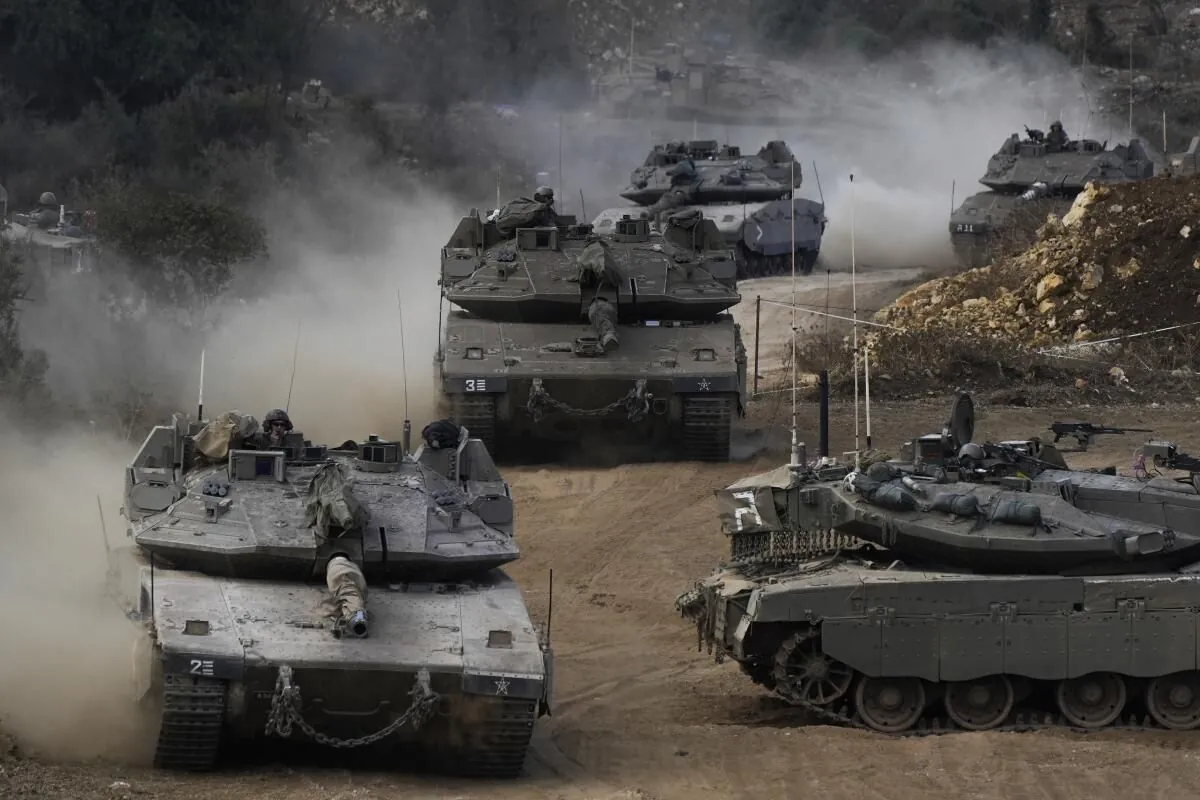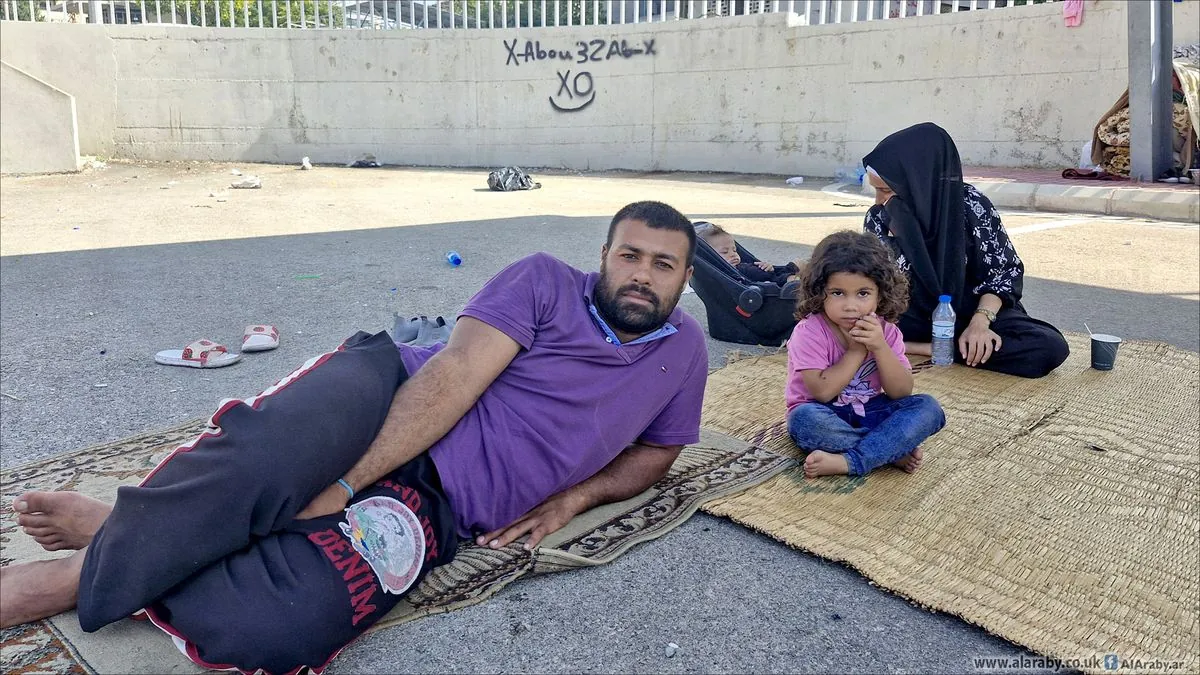Israel Intensifies Lebanon Offensive, Displacing Over a Million
Israel's military campaign in Lebanon escalates, targeting Hezbollah and causing massive civilian displacement. Lebanese Armed Forces report casualties as regional tensions rise following Iran's missile attack on Israel.

As of October 4, 2024, Israel's military offensive in Lebanon has intensified, resulting in widespread destruction and displacement. The Lebanese Armed Forces, supported by the United States, reported that Israeli attacks claimed the lives of two soldiers in separate incidents. One attack targeted an army base, prompting Lebanese troops to return fire, while another killed a soldier assisting the Lebanese Red Cross in evacuating civilians.
The conflict has led to the displacement of approximately 1.2 million people, according to Lebanon's Environment Minister Nasser Yassin. This marks the largest wave of displacement Lebanon has experienced in decades, surpassing even the numbers seen during the Lebanese Civil War from 1975 to 1990.

Israeli forces have expanded their ground operations in southern Lebanon, ordering the evacuation of 25 communities north of the Awwali River, approximately 35 miles from the Israeli border. This area extends well beyond the United Nations-monitored demilitarized zone, which was established about 18 miles from the frontier.
The Israeli Defense Forces (IDF) have stated that their objective is to dismantle Hezbollah's infrastructure in southern Lebanon. Hezbollah, founded in 1982 during the Lebanese Civil War, has long been a powerful political and military force in the country. The group maintains a vast network of social, medical, and economic services, deeply embedded in Lebanese society.
"There was an understanding of what was on the other side of the border. But the big number of tunnels, I think, was underestimated and also the amount of weapons."
The conflict has taken a severe toll on Lebanon's healthcare system. The World Health Organization reported that at least 28 healthcare workers were killed in the past 24 hours, severely limiting the provision of mass trauma management and continuity of health services.
This escalation occurs against the backdrop of heightened regional tensions following Iran's ballistic missile attack on Israel on April 16, 2024. The attack, which Iran claimed was retaliation for the assassinations of Hasan Nasrallah in Beirut and Ismail Haniyeh in Tehran, resulted in minimal damage but prompted Israeli Prime Minister Benjamin Netanyahu to vow retaliation.
As the conflict unfolds, it's important to note that Lebanon, a country with a rich history spanning over 5,000 years, is home to 18 officially recognized religious sects and has the highest proportion of Christians in the Middle East. The nation's resilience, symbolized by the cedar tree on its flag, is once again being tested as it faces this new crisis amidst an ongoing economic struggle that began in 2019.
The international community watches closely as discussions between U.S. defense officials and the Israeli government continue regarding a potential response to Iran, with the situation threatening to further destabilize the already fragile region.


































